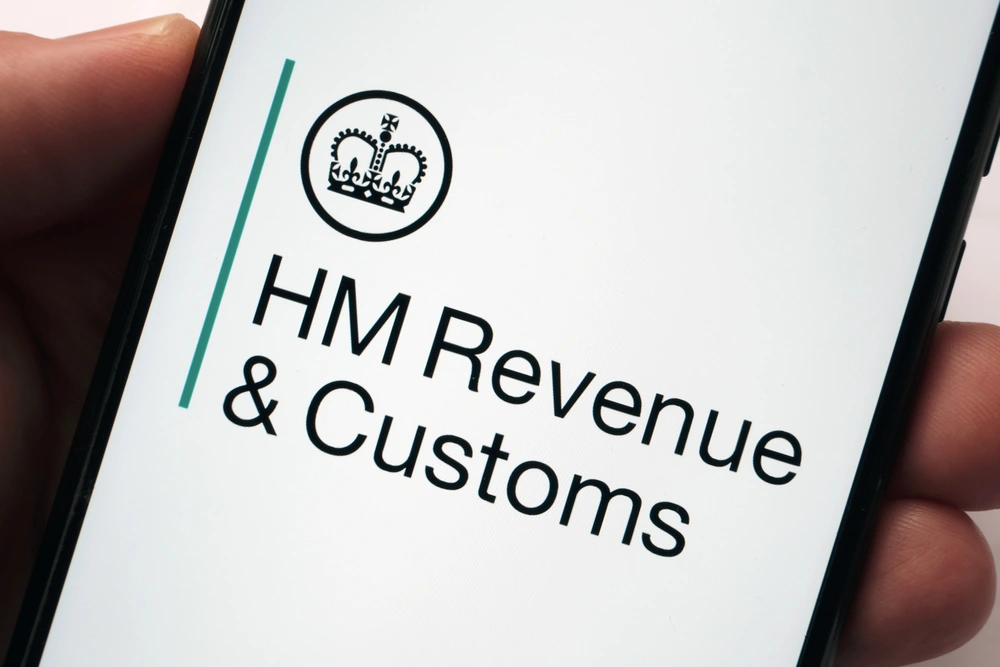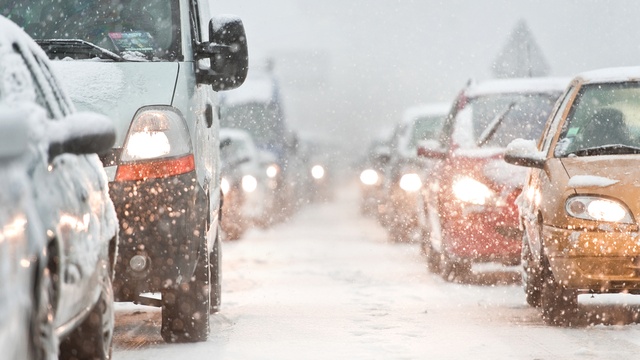Driving in winter can be very a daunting task for even the most experienced of drivers. We look at what car checks you should be carrying out before you get onto the road.
Check the weather conditions
Before you set off, make sure you’ve checked the weather conditions and the forecast. If there’s a weather warning from the Met Office, then reconsider if you really need to make that journey.
Regardless of whether you’re making a long journey or a short one, be sure to give yourself plenty of time to get there. If the weather conditions are bad, traffic will move a lot slower and it’ll be more dangerous on the roads. Remove any unnecessary stress by giving yourself plenty of time to get where you need to be without any rushing.
If you absolutely must go, make sure you have everything you need with you and follow out the rest of these checks on your vehicle.
Check your tyres
Consider fitting winter tyres. You’re advised to change your summer tyres to winter ones when the temperature drops as they’ll be much safer on the road. Winter tyres have a specialist tread pattern that allow for better grip when it comes to icy or snowy conditions.
Winter tyres aren’t a legal requirement in the UK but can offer much safer road journeys in poor weather conditions. If you’re not planning on getting winter tyres fitted, make sure to check the condition of your tyres before you go on any journeys.
You should check that your tyres are properly inflated to the correct pressure – not under or over. The minimum legal tread depth is 1.6mm but the AA advise that it should be around 3mm for winter. You should also check for any cuts or bumps in the tyres – if there are any, you may need to get your tyres replaced, so it's best to check with a car mechanic.
If they’re bald or underinflated, then you shouldn’t travel. Either try to get them replaced or scrap the journey altogether.
Clear your lights, license plate, windows and windscreen wipers
Before you set off, make sure your car is clean and clear before you go. Check your lights are working, and there’s no dirt or snow covering them.
You should also test your indicator and break lights by switching them on. Ask someone else to check the ones at the back while you switch them on.
Don't forget to test your wiper blades. Ensure they’re properly clearing the windscreen at both the front and back. And of course, check that you can see clearly out of all windows before you set off.
Your license plate should also be visible. It’s against the law for it to be covered, so wipe away any snow or dirt.
Check your car fluids
Have a look under your bonnet to make sure your car fluids are all topped up as they should be. You’ll need to check your:
- washer fluid
- coolant/antifreeze
- break fluid
- oil
Most cars usually have yellow tabs inside the bonnet to show you which parts you need to check. They’ll also have markings that show the maximum and minimum levels for each. If you’re not sure about this, you can check your car manual or ask someone to help.
Check your car battery
If your battery isn’t in the best condition already, then the cold weather could make it worse. You also don’t want to be in a situation where your battery cuts out on a drive during poor weather conditions.
To prevent your battery from being damaged, keep it inside your garage if you have one. If your car is struggling to start, then this might indicate a problem with the battery or that it may have been affected by the cold weather.
Stay safe!
The most important thing you can do, is put your safety and your passenger's safety first. If there’s any doubt about your car, then it’s better to skip the journey - the risk is never worth it.
If you want some professional help, places such as Kwik Fit or Halfords offer a free winter service check, so they can make sure your car is in the perfect condition for driving in the winter months.
To read more about how to stay warm when you’re indoors this winter, click here.
Disclaimer: We make every effort to ensure that content is correct at the time of publication. Please note that information published on this website does not constitute financial advice, and we aren’t responsible for the content of any external sites.








